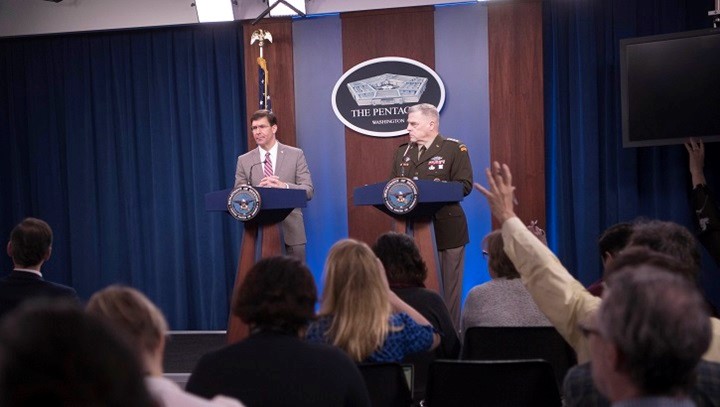How to be the leader your organization
expects during the coronavirus crisis

On March 16, President Trump announced guidelines that Americans should follow in the next 15 days (which will possibly be extended). The guidelines recommended all Americans to avoid gathering in groups of more than 10 and asked for working from home when possible. Some states, such as New York, have gone even further and have prohibited essential businesses to open their doors.
All this means the US is on the brink of a total lockdown and companies are in completely unknown territory. This is the moment or strong, calm, and decisive leadership in a moment that many organizations might be a couple of steps from falling down a cliff. This crisis is unparalleled. It cannot be compared to wartimes, financial crises, or even natural disasters. It is a crisis that is affecting everyone everywhere.
Let’s see some ways you can be up to the crisis as an organizational leader:
State clear and attainable expectations
In this situation, you don’t have all of the answers. Many aspects depend on what the authorities say and decide, but your team will expect you to act. You need to align the expectations of your team and state them clearly with patience, confidence, and insight.
Your team is looking up to you, searching for your guidance. You have to be up to the task and transmit confidence to your side during this turbulence.
Stay positive and take a deep breath
Understand that not everything is under your control and that’s perfectly fine. If you show that you’re impatient and negative, your team will notice, and that will hurt your leadership. A good leader transmits trust and hope, especially in tough times. It is vital to show empathy with your team. Show you care and learn to put on their shoes.
That means it is vital to take care of yourself so you can be physically and mentally present for your team. The worst mistake would be not having composure and showing erratic behaviors in an already stressful situation.
See the big picture
As a leader, you must be able to foresee the impact of your actions. Thus, learn to take a step back and see the situation from different perspectives and understand what’s under your control and what’s not. One of the toughest parts of managing a crisis, especially one where there are so many things you can’t solve, is taking a step back to the issues between the ones you can solve and the ones you don’t, the ones that are urgent and the ones that are important, and concentrating on the big picture.
Conclusion
The coronavirus pandemic is an unparalleled crisis. No one expected it, and definitely, no one was prepared for it. What’s worse: it seems that the hardest part hasn’t even passed. Bold leadership isn’t everything to overcome this crisis, but it is the starting point. Showing confidence and transmitting calm to your team is the most effective way to start handling the mess as you continue with the big picture in your sight.